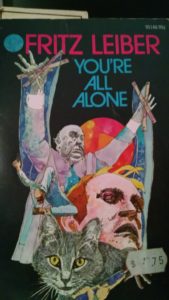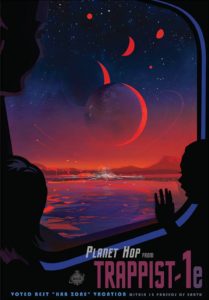A-Viking I Will Go (Watch)
A tough day at work has put me in the mood to watch Vikings (on Amazon Prime, of course), another in the modern vein of gritty and rough-edged TV series, covering a period mostly neglected in historical drama – the Dark Ages in Europe. As you may imagine, there is a lot of warfare on the show, just what I need to heat up my blood.
One scene from an episode I’ve already watched has a Norse warband defeating a less disciplined English force, which ties into a book I recently listened to – War by Sebastian Unger, a reporter embedded with a platoon of airborne infantry in Afghanistan. In the latter case, as well, the superior training and discipline of U.S. forces allows them to prevail against a seemingly endless supply of hapless Taliban fighters, who are mostly teenage boys with almost no warfighting skills (but armed with deadly weapons and therefore a serious threat).
So across the ages, this simple military principle holds – discipline and training are the key to success in battles, whether fought with bow and arrow, spear and sword, or with rifle, mortar and grenade. But also consider that England is ruled by the English still, and the Taliban remains a force in Afghanistan. So winning battles is not necessarily going to achieve one’s war aims in the long run.
That’s enough thinking for now I am going to watch TV.



